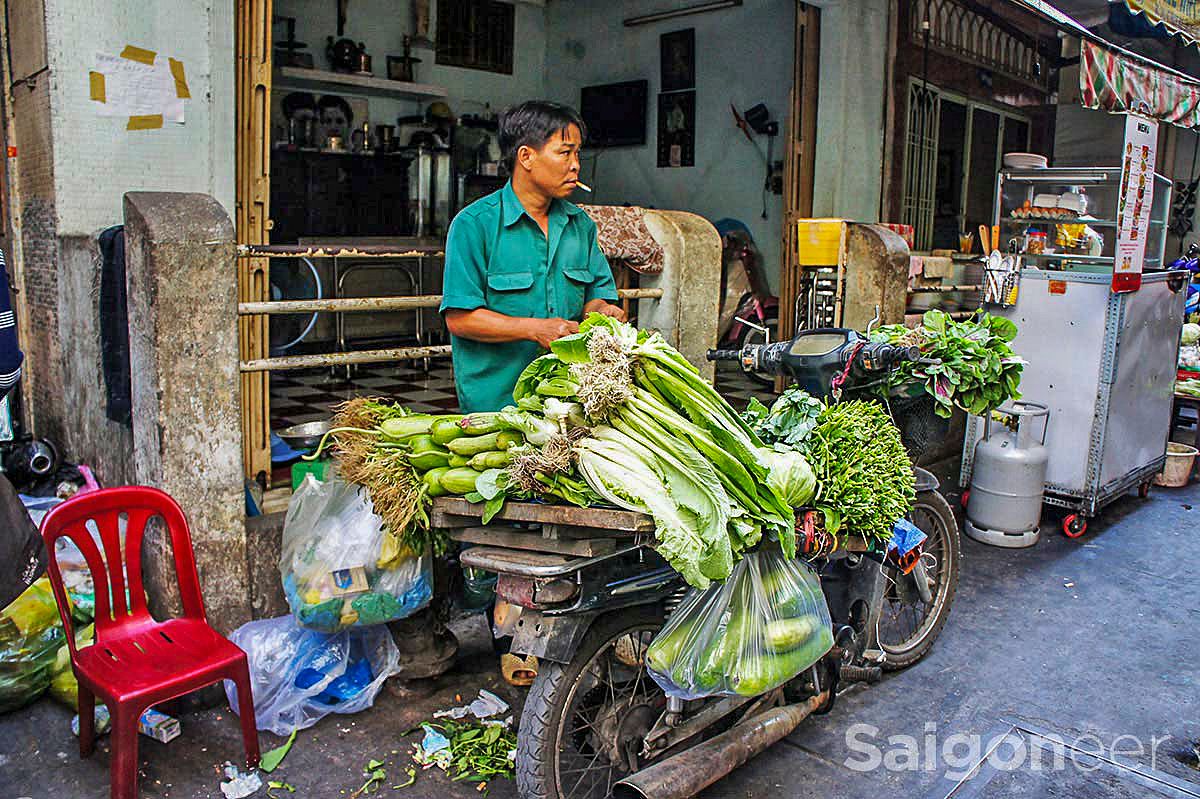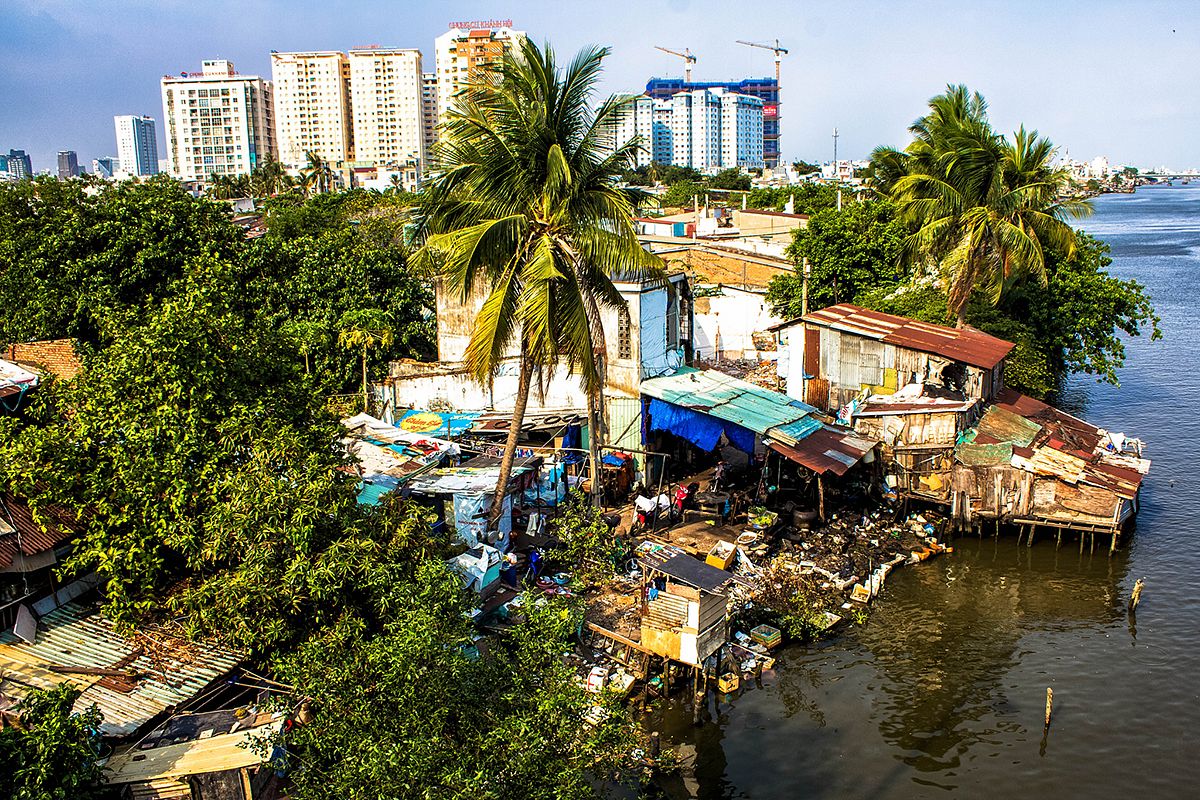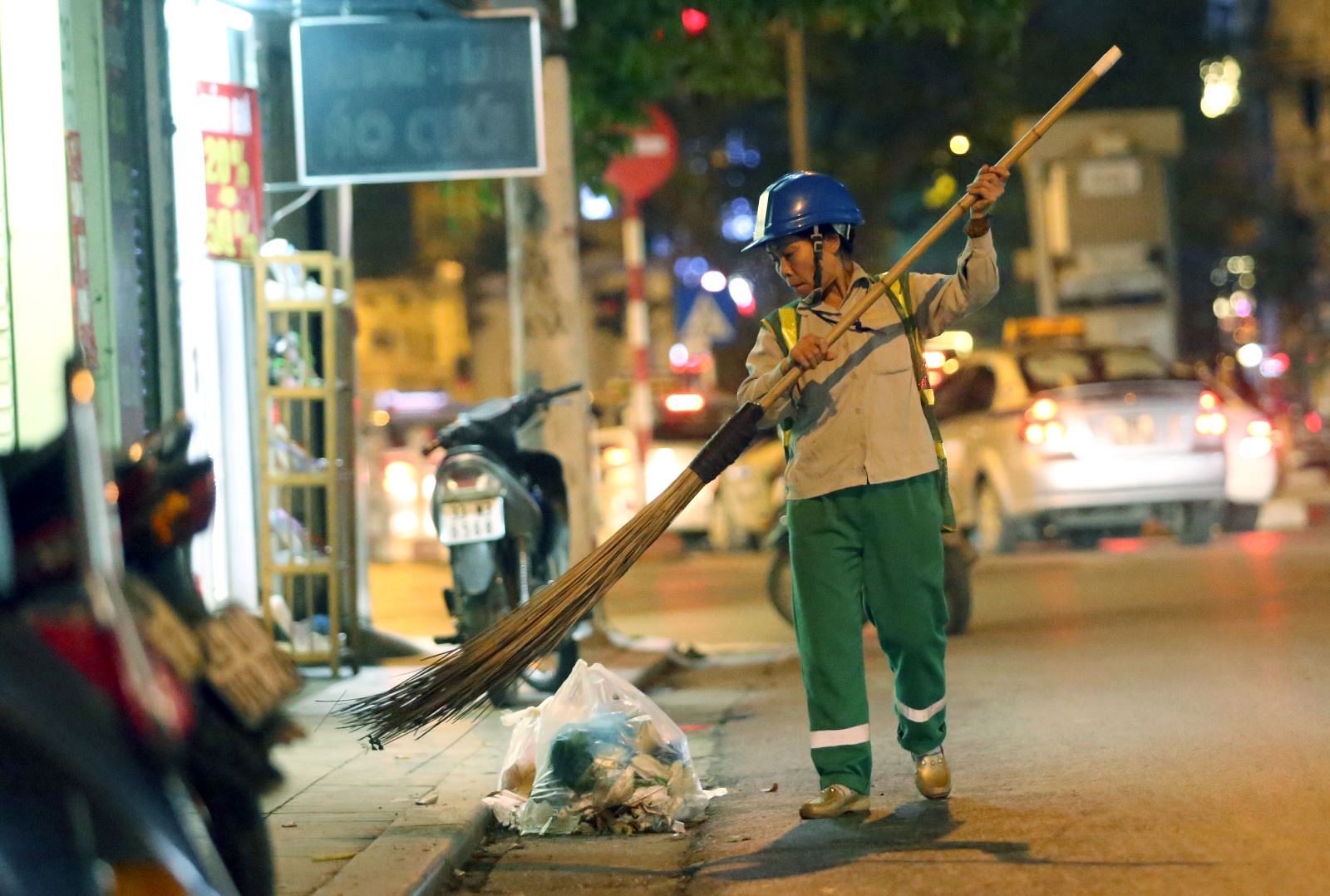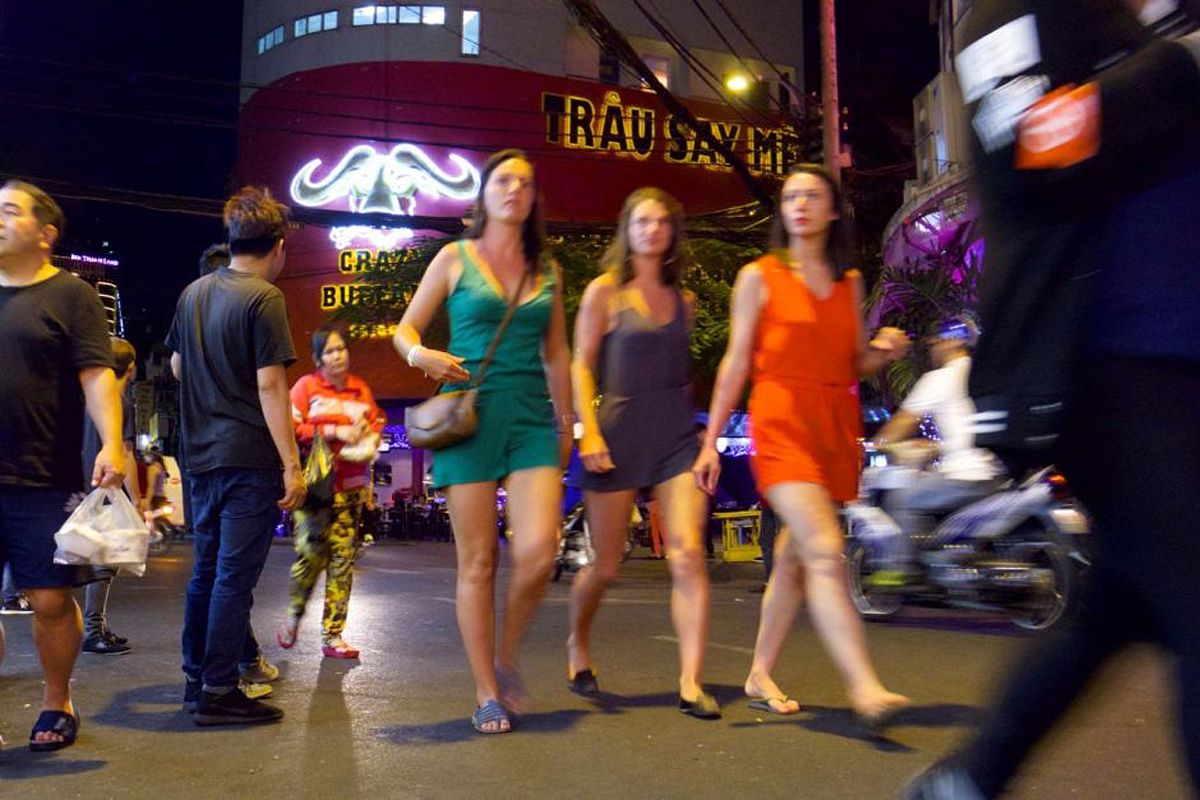Saigon recently approved a five-year plan to promote safe organic produce in the city.
By 2020, the country aims to have over 16,000 hectares of organic farmland at its disposal, reports VietnamNet. If successful, the city's food production would be valued at over VND800 million (US$35,888) per hectare.
In addition to expanding its safe food production, Saigon aims to have 90% of its farmers and organizations growing VietGAP-standard vegetables. While this is a respectable goal, the country's safe produce requirements have proven imperfect since their inception. Misleading standards, costly certification procedures and minimal supervision of VietGAP-certified farms make the label less than reliable. Beyond these hiccups, VietGAP produce is not necessarily organic, as the standard permits farmers to use approved pesticides, albeit they must cease all use of chemicals in the two weeks prior to harvest.
Last year, Go Vap District deputy Vo Van Sen called out the municipal government on its food safety management, pointing out the scores of fruits and vegetables with dubious origins being sold across the city.
“Ho Chi Minh City has failed when it comes to state management in the food safety area in the past time,” Vo Van Sen, a deputy from Go Vap District, told Tuoi Tre.
“I think this is the weakest point and the biggest flop of the Ho Chi Minh City administration,” he continued.
While the city government has listed 246 safe selling points for fresh produce around Saigon, most of them taking orders from major companies like Vietnam Meat Industries Co., Ltd. (Vissan), Saigon Food Processing and Animal Breeding Co. (Sagrifood) and Anh Dao General Agricultural Service Cooperative from Dalat, plenty of work remains in providing access to safe produce to all city residents.
By the end of 2015, Saigon had 15,800 hectares of farmland, most of it in Cu Chi, Hoc Mon and Binh Chanh Districts, as well as an average productivity of 375,000 tons. This number shows an increase from previous years, but in a city where population is also steadily on the rise, the growth of Saigon's farmland is struggling to keep apace with its population.
While the southern hub struggles with challenges like a lack of available farmland and an often mysterious food supply chain, Saigon authorities will continue to promote science and technology research in addition to improving state management of food hygiene and safety in the new five-year effort.














